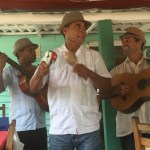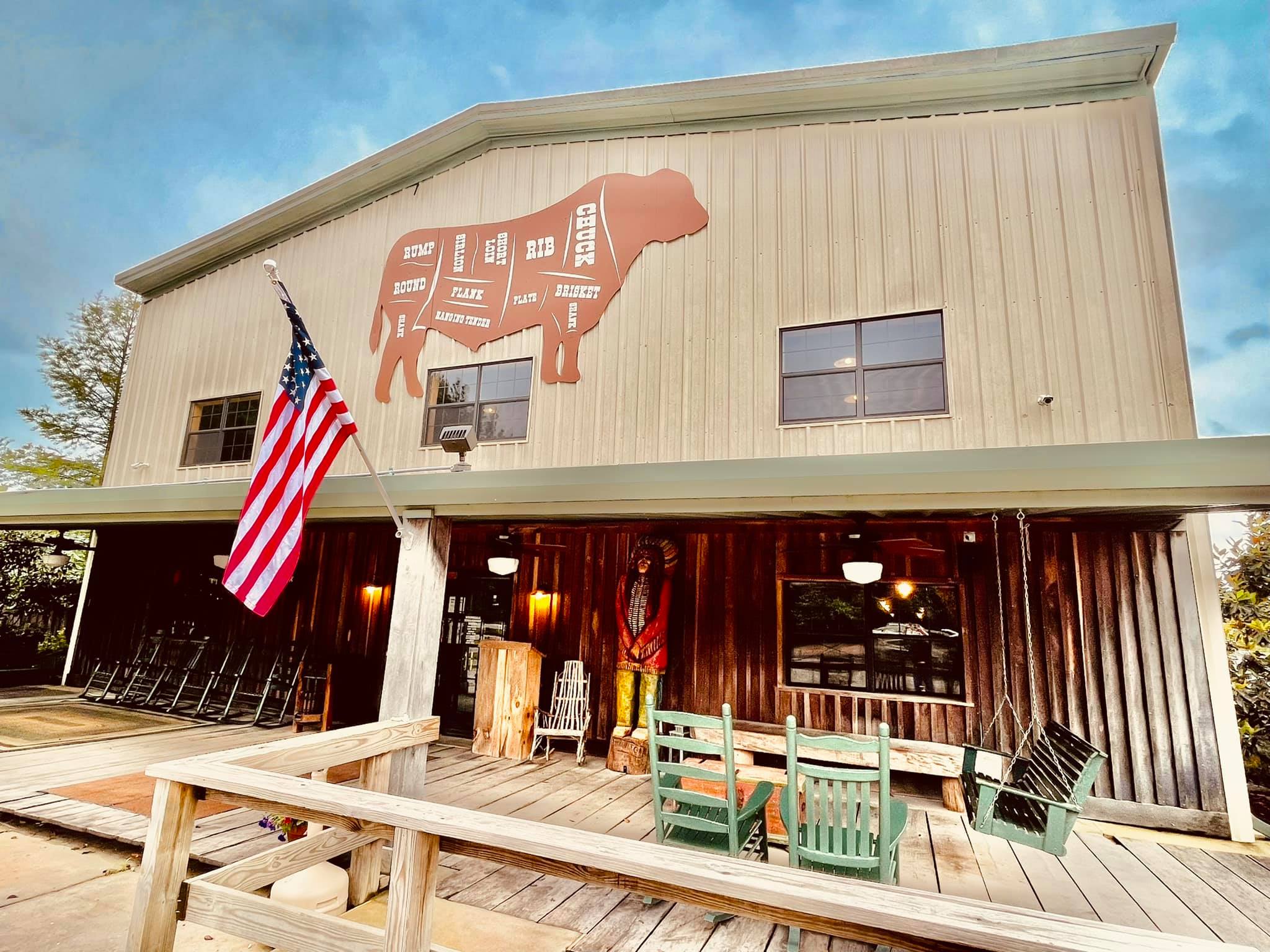Joe Rogers: Cuba’s faded glory
Published 6:00 am Monday, June 5, 2017






Among the first things I noticed after arriving in Cuba was the attractiveness of the young female customs officials and the apparent shortage of fabric available for constructing their uniforms.
I found the overall effect welcoming.
As was basically every Cuban we encountered during our recent five-day stay in Havana. “We love Americans!” was pretty much the response whenever anyone learned our nationality.
A cynic might suggest that what they loved was our money. And appearances indicated they could certainly use more of that stuff in general. A polite description of much of what we saw in Cuba would be “run down.”
It’s clear that many of the homes and other buildings were once quite lovely, but time and economic hardship have taken their toll. A few have been or are being restored, but others sit abandoned with boarded windows and falling facades. Sidewalks were crumbling; streets pockmarked. Overflowing bins and pungent odors attested that trash collection is not a priority.
It’s a shame. Still, I did not feel inclined to engage locals in discussions about the effectiveness of Cuba’s socialistic system. Given the American political circus back home, it seemed unwise.
Gift shops exist in the touristy areas, and offer a standard array of fares: T-shirts, wooden carvings, cigars and the like. But McDonald’s? Starbucks? 7-Eleven? Piggly Wiggly? Walgreens?
Thankfully, no.
Don’t worry; if you go you’ll find plenty of places to eat and drink. Pricey hotel rooms are readily available, along with much more reasonable lodgings via Airbnb, which we took advantage of.
It’s just that we never quite figured out where Cubans buy things like soap, mouthwash, aluminum foil or milk. Or clothes, for that matter, though it’s clearly somewhere. No one was naked.
Reminders of the Cuban Revolution were widely visible, and not just at the museum dedicated to that purpose. Images of heroes of the struggle, most notably Ernesto “Che” Guevara, are never far from the eye.
Fortunately, no one seemed to be holding a grudge for the Bay of Pigs invasion, Cuban missile crisis (which they refer to as the October crisis), economic embargo or Guantánamo intrusion. And we found that most folks there spoke some level of English, though it varied widely, including none.
That provided an opportunity for me to use my own limited command of their language, which I refer to as my “Tonto Spanish.”
“Es posible más café?” I asked a server at breakfast. Elementary, but effective.
The café, by the way, comes in cups about the size of a 5-year-old girl’s tea set, hence my question. But it’s darn tasty.
As is the beer, of which I found only two varieties, Cristal and Bucanero. Rum was much more variable, though not as welcome. I’m not a big fan of sugar-based beverages, but I did try to do my part. When in Rome, you know.
Kayne, on the other hand, found much to like about mojitos.
Food was uniformly satisfying; service not necessarily so. The rural vistas outside Havana are fetching, but public transportation does not make it easy to get there. And tourists and residents operate on two different currency systems. Don’t bother to try to figure the local one out.
One other thing: If you go, consider taking along some feline treats in your luggage. Lots of them. Cuba likes to brag that none of its children go homeless, but a lot of its kitty cats do.
They’ll tug at your heart.
Joe Rogers worked for The Clarion-Ledger, The Tennessean and The New York Times. He can be reached at jrogink@gmail.com or on Twitter @jrogink.












